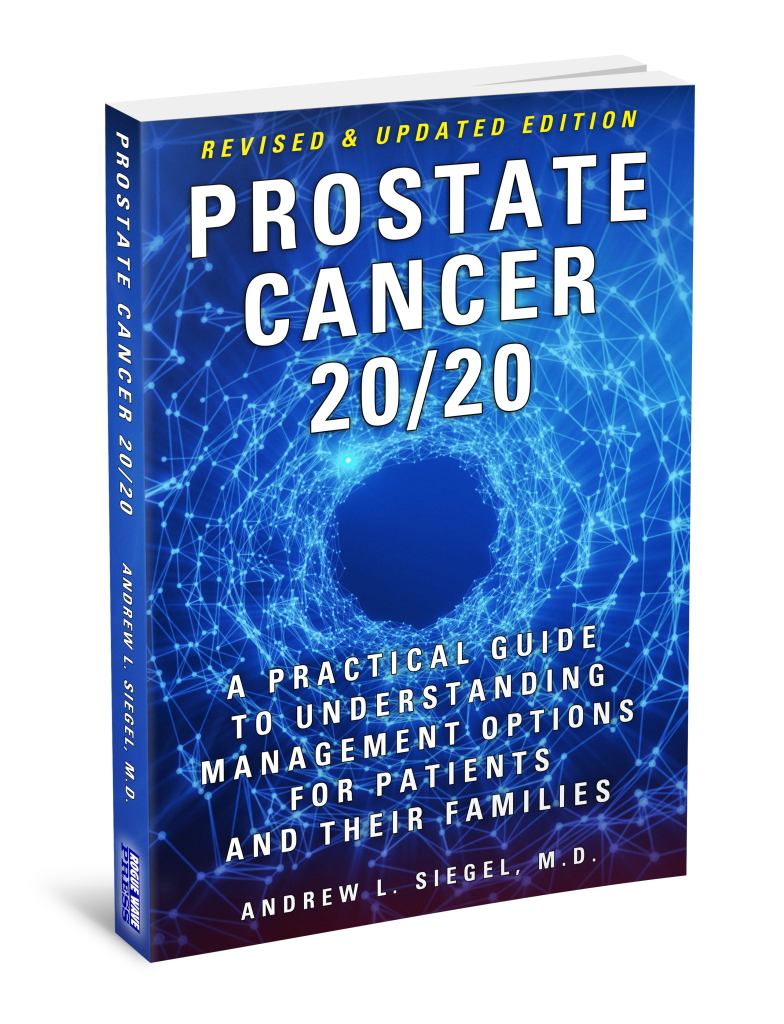Hello, Health Enthusiasts!
Welcome to this week’s installment of our Informative Health Blog, lovingly written by yours truly and posted every Saturday morning, my attempt to keep you informed, entertained, and hopefully learning something new! If health blogs aren’t your thing, you can easily opt out. But if there’s a topic you’d love to see covered, drop me a line.
Stay healthy, stay curious, and as always, thanks for reading!
FYI, we have been out of our Maywood office and into our Fair Lawn office since September 2024, but some patients are still going to Maywood! Our current address is 17-17 Route 208 North, Suite 290, Fair Lawn, NJ.
Warm regards,
Andrew Siegel MD
Neuro-Hacks For a Sharper Mind: Simple Daily Habits to Protect Your Brain
This entry is based upon a NY Times article published on April 3, 2025 entitled 10 Small Things Neurologists Wish You’d Do for Your Brain written by Mohana Ravindranath. Eight neurologists and neuroscientists were queried to provide their best advice.
As an alternative or supplement to reading this entry, please refer to the following podcast generated by AI: Brain Health.
Let’s face it: your brain is kind of a big deal. It helps you remember birthdays, operate microwaves, and decide whether or not to order that second dessert. So, when neurologists say, “Hey, here’s how to keep it in good shape,” it’s worth listening—preferably while wearing a helmet (you’ll see why).
The bottom line is that simple everyday behaviors can keep your mind sharp and help prevent cognitive decline and delay or prevent dementia. Of course, is best to initiate these brain-healthy habits sooner than later, but better late than never applies here.
Here’s what the experts say, with a side of sass and smarts:
1. Wear a helmet. Yes, really.
If you’re biking, skiing, or riding anything that moves faster than your own two feet, put on a helmet. Not just because it's the law in some places—but because your brain doesn’t bounce.
Head trauma = bad. Repeated concussions = worse. Chronic Traumatic Encephalopathy = no thank you.
Bottom line: You can’t grow a new brain. Protect the one you’ve got.
2. Use earplugs when you're mowing the lawn.
Or leaf-blowing. Or attending your nephew’s rock band concert in the garage.
Hearing loss in older adults is linked to a higher risk of dementia, and once hearing starts fading, so might your social life—and your brain thrives on connection.
So grab those earplugs. Rock the earmuffs. Test your hearing every couple of years. And if the audiologist says it’s time for hearing aids, just do it. Even if it's only one ear. Your brain is listening.
3. Get your eyes checked. (No, squinting doesn’t count.)
Turns out your brain likes being able to see. Who knew?
Vision loss is also linked to cognitive decline. And not the “Oops, I forgot where I parked” kind—the more serious, long-term kind. So get regular eye exams, wear your glasses (yes, even the ones that make you look like your dad), and stop putting off that LASIK consultation.
4. Take a walk. Or swap your chair for a stool.
Brains love movement. Even a half-mile walk can give your gray matter a much-needed blood-and-oxygen bath. And if you’re sitting for most of the day, neurologists suggest: stand up every 20 minutes, use a core-engaging stool, or just pretend your floor is lava.
Remember: motion is lotion—for your spine and your synapses.
5. Manage your cholesterol. (We know, we know.)
“Bad” cholesterol can clog your arteries—including the ones that feed your brain. That’s a great way to end up with a stroke, not a Mensa membership. So go easy on red meat, full-fat cheese, and sodas that taste like dessert. Eat more plants. Move your body. And yes, statins are your friends if your doc says so.
6. Floss like your brain depends on it. Because it might.
Oral bacteria can sneak into your sinuses, cause inflammation, and yes, possibly even mess with your brain. Gum disease has been linked to dementia in several studies.
So go ahead, floss like you’re trying to impress your dentist and your neurologist. Your breath will thank you too.
7. Join a book club. Or a knitting circle. Or literally any group that involves humans.
Social isolation is a big ol’ risk factor for depression and cognitive decline. Your brain is a social butterfly—let it mingle! No club nearby? Start your own. Call your best friend. Host a monthly game night. Even grumbling about politics at brunch counts (and that’s a pretty easy task these days).
8. Wear a mask when the air is noxious.
Fine particles from smog or wildfire smoke can sneak into your lungs and eventually… your brain. Use air filters indoors, and on bad air days, wear a mask outside. The N95 is not just a pandemic relic—it’s brain armor.
9. Be nice to your neck. It’s carrying a lot—like your head.
Neck injuries can restrict blood flow to the brain. Sudden twists, rough massages, or sketchy chiropractic moves can do real damage. Avoid massage guns on your neck, and stick to gentler treatments for tension. Oh, and always wear your seatbelt. Your brain will thank you.
10. Sleep. Glorious, glorious sleep.
Sleep is your brain’s nightly spa day. It clears out junk, locks in memories, and resets your mental mojo. Can’t sleep? Try meditation, a sleep diary, or blackout curtains. If nothing works, talk to your doctor. But don’t shrug it off. A rested mind is a sharper, healthier mind.
The Big Picture?
Your brain doesn’t need a crossword puzzle obsession to stay healthy—it needs protection, connection, movement, and maintenance. So go forth and floss, walk, wear earplugs, and maybe buy that cool helmet you’ve been eyeing. Your future self will be mentally high-fiving you.
Wishing you the best of health,
Dr. Andrew Siegel is a physician and urological surgeon who is board-certified in urology as well as in female pelvic medicine and reconstructive surgery. His mission is to “bridge the gap” between the public and the medical community.
He is an Assistant Clinical Professor in the Department of Urology at Hackensack Meridian School of Medicine and is a Castle Connolly Top Doctor New York Metro Area, Inside Jersey Top Doctor and Inside Jersey Top Doctor for Women’s Health. He is a urologist at New Jersey Urology, a Summit Health Company.
Dr. Siegel is the author of several books. The second edition of his prostate cancer book is available in print and Kindle formats at Amazon: Prostate Cancer 20/20: A Practical Guide to Understanding Management Options for Patients and Their Families. The audiobook version is available at Amazon: Prostate Cancer 20/20 Audiobook.
Video trailer for Prostate Cancer 20/20
Preview of Prostate Cancer 20/20
Andrew Siegel MD Amazon author page
Dr. Siegel’s other books:
THE KEGEL FIX: Recharging Female Pelvic, Sexual, and Urinary Health
MALE PELVIC FITNESS: Optimizing Sexual and Urinary Health
PROMISCUOUS EATING: Understanding and Ending Our Self-Destructive Relationship with Food






Congratulations! Welcome to the "best club"!
We are now GGP's . We are going to call the new Great Grandpa now!
XO
Carol and Bob B.
Congrats on your 1st grandchild!